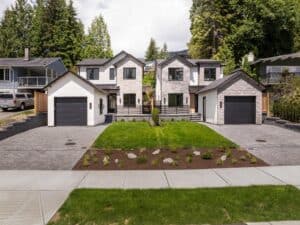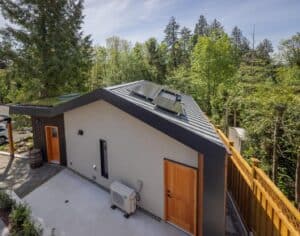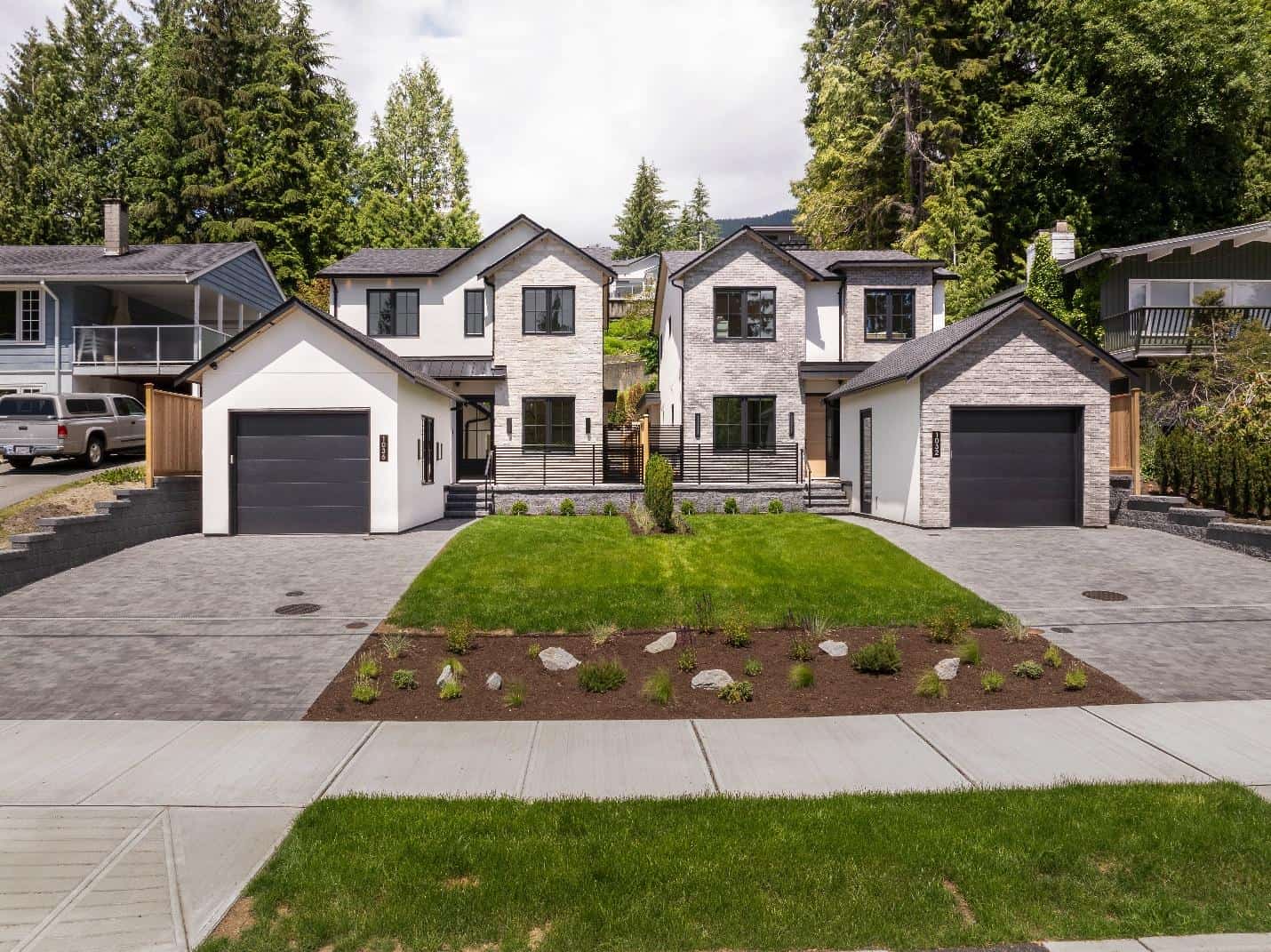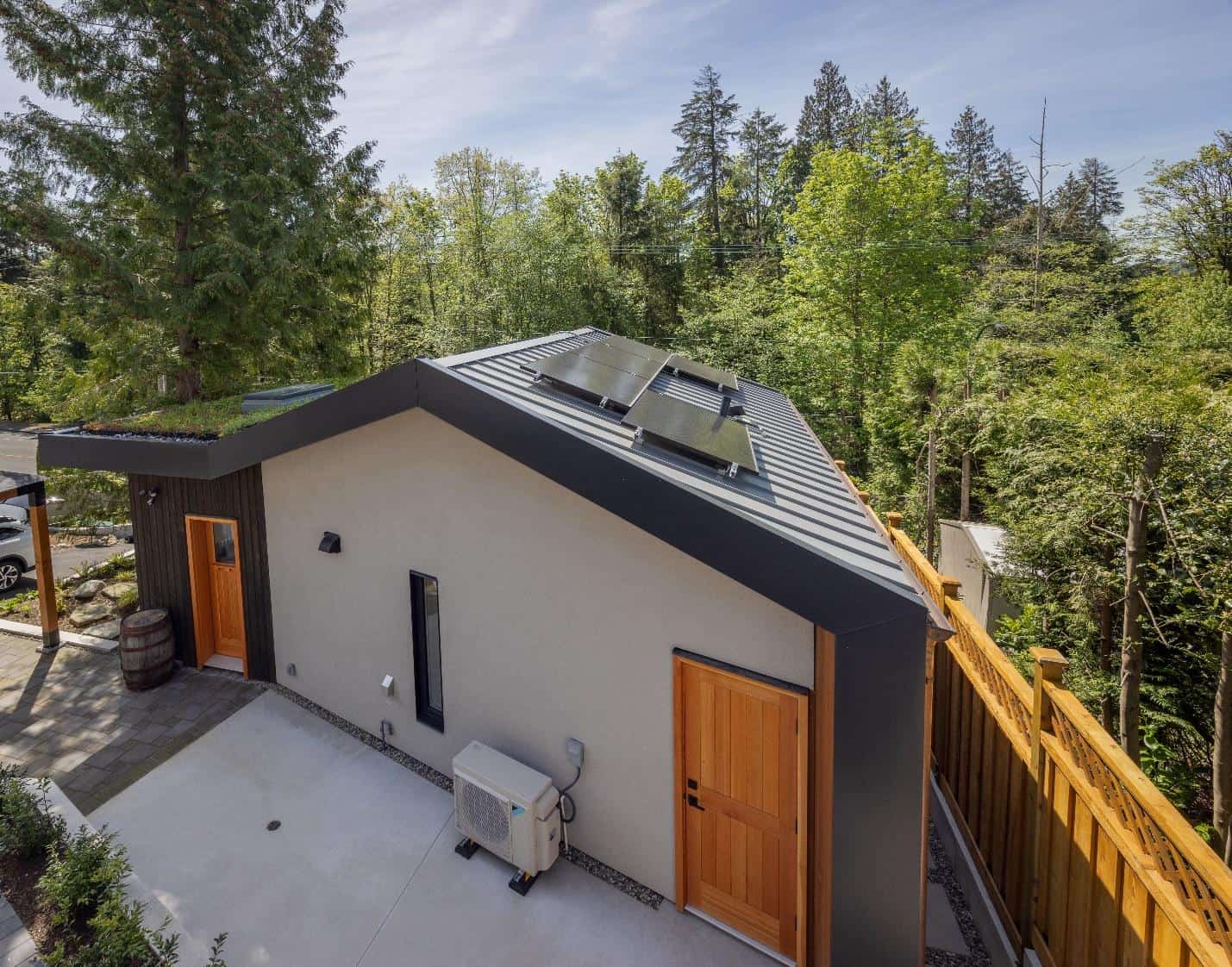A home is the largest single investment most people will ever make. That means keeping up on maintenance, addressing problems when they occur and not engaging in renovation work until every aspect of the project has been carefully considered.
A poorly planned and executed renovation can not only have a negative impact on the value of your home, but it can actually undermine its structural integrity, shorten its life and transform it from a refuge to that place nobody wants to be.
If you are thinking of renovating your home, make sure you ask yourself the following 7 questions.
Contents
1) What Areas of the Home do You Want to Renovate?
It’s important to plan your renovation project based on the areas of your home you wish to renovate.
Because if you do a major makeover of the kitchen, it’s likely to have an impact on the adjacent rooms. And you don’t want it to feel like you’re entering a different house when you go from the living room to the newly renovated kitchen.
Also, if the kitchen is part of a larger open space, extensive renovation work may make the rest of the space seem run-down or out of date.
There are a couple of ways you can address this issue. First, you can decide to do a complete home renovation. Or second, when working with the designer, discuss ways that you can carry some of the new design cues in the renovated room over into the adjoining rooms. And how the newly renovated space can retain some of the feel of the rest of the house.
This way, moving from one room to another will be a smooth transition rather than a disorienting jolt. (And for the record: unless you’re an interior designer yourself you should work with one. More on this below.)
2) Do You Have the Space to Renovate, or Should You Extend?
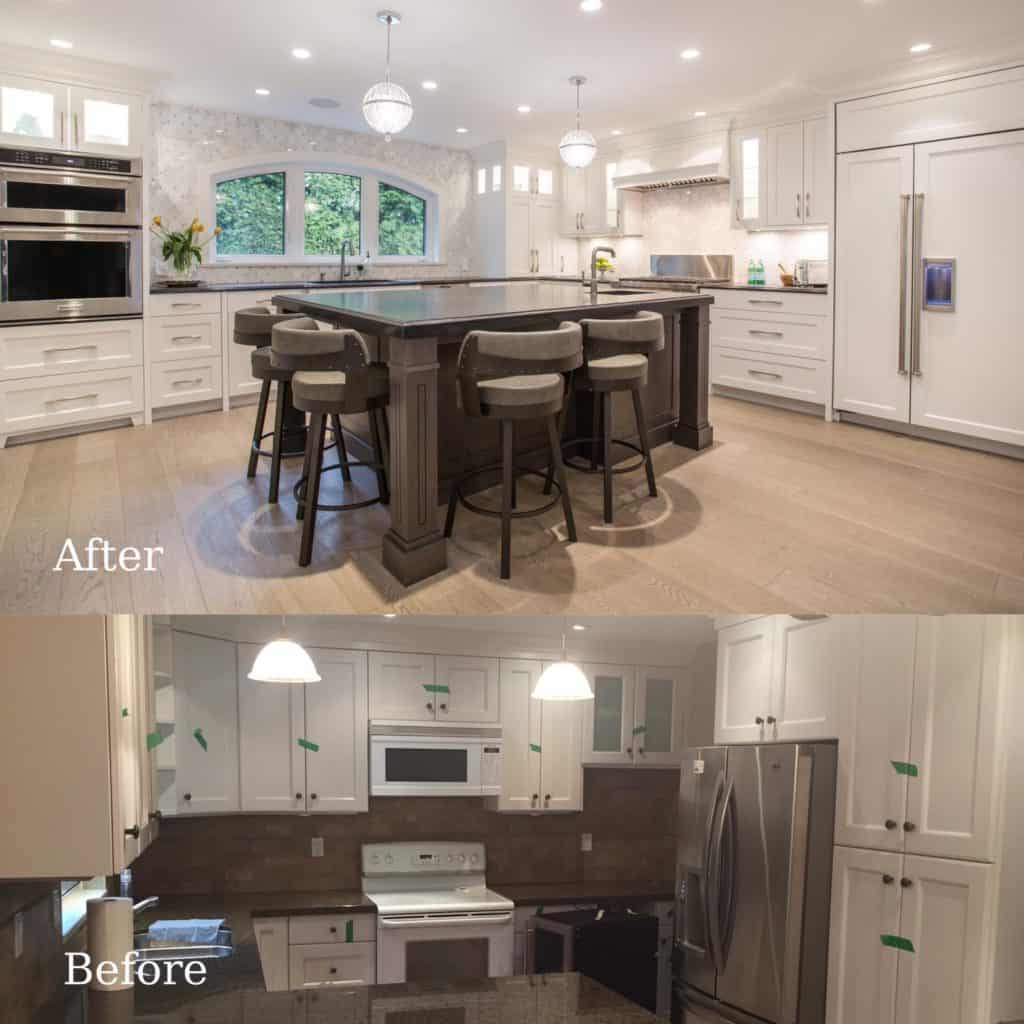
Some homeowners want that spacious kitchen they see on the H&G website, but they don’t really think about how they’re going to achieve it. Some think they’ll simply annex a bit of an adjoining room. But doing so could throw off the proportions of the interior.
At the same time maybe there’s a deck extending off the back of the house that would have to be demolished if you want to extend the kitchen outward and by doing so you leave yourself with no future deck space.
But the fact is, if you’re planning a whole-house renovation and want to increase the useful square footage you may well have to extend either outwards or upwards.
At the same time though you don’t have to alter the footprint of the house to make it feel more spacious. Consider a renovation where the existing footprint is preserved, but the space is opened up by removing walls and making the space feel more open.
The point here is that you have multiple options to choose from so, go with what works best for your renovation plan, needs and budget.
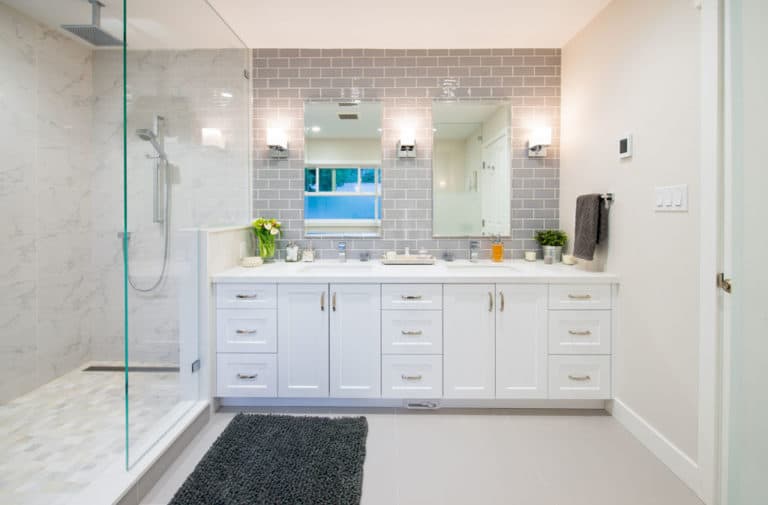
3) What is Your Budget?
You should have a clear idea ahead of time what you’re willing and able to spend on your renovation project. Because when determining your budget, you have to take into consideration little things that may pop up along the way.
For instance, if things are discovered during a renovation that are not up to current building codes, you’ll have to bring them up to code.
In addition, during the process of remodeling, it’s possible to discover issues such as, mold inside walls or due to all the rain in this part of the country discovering that water has leaked into the walls and damaged some of the framing is a real possibility. And that will have to be dealt with during the renovation process which can add to the budget.
That’s not to say that all or even some of these things are going to happen to you. But they might. And you need to be prepared to shoulder the cost if they do.
Ignoring the dozens of little things that can arise during a project or simply assuming you’ll “find a way” to pay for them isn’t a recipe for success. Because if you aren’t prepared to absorb those costs should they arise you’ll end up going over budget.
So, the priority before any permits are secured or designs are drawn should be to have a realistic budget based on real-world considerations. It can’t hurt to have a detailed contingency budget in place before you get started too. This will help buffer the project price and make it more realistic leaving a contingency fund that could be utilized if needed.
4) How do You Live? What’s Your Lifestyle?
The thing that makes a house a home is that it enables you to be the person you want to be. The goal of the renovation project should be to make the house fit your personality and lifestyle even closer than it already does.
As such, before you start to think about designs or budgets, do a bit of brainstorming. How does your house enable who you are? What do you want and expect from your house? How will the renovation enable your lifestyle and improve your family’s quality of life? Answering these questions and planning around them will provide context for the renovation work.
For instance, if you love entertaining, you should look at ways to make entertaining easier and more enjoyable for you and your guests. You might want to take down some walls to open the space up. Maybe you’ll decide to install an island in the kitchen that can act as a hub for food prep and conversation.
If you’re renovating the basement, how is the new space going to make your life and/or the life of your kids better and more fulfilling?
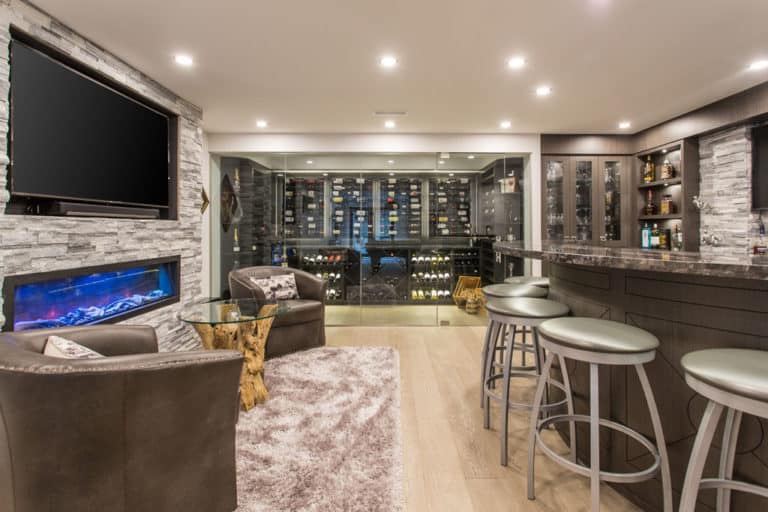
5) Do You Need a Designer?
We touched on this earlier, but it needs to be more fully examined. For many folks – especially those that fancy themselves experienced do-it-yourselfers – this can sometimes be the hardest question of all. It’s also one of the most important. It’s crucial that you don’t engage in self-deception here.
You need to be cold-light-of-day about your knowledge and abilities, or you’re going to end up undermining the curb appeal, livability and value of your home.
There’s no shame in admitting you could use some professional help planning your renovation. The shame is in talking yourself into believing you can do it yourself and then coming up short. A designer should not be looked at strictly as an expense. They’re part of the investment you’re making in the future of your home.
The fact is, should you decide to go it alone you stand a better than even chance of spending more money and more time than you would have if you simply hired a designer in the first place. It’s a lot of work and its best to have an interior designer by your side to help bring your vision to life!
6) Are You Renovating to Sell or do You Plan to Live Here for a Few Years?
If the goal of the renovation is strictly to increase the home’s marketability, then you’re going to want to keep your personal preferences out of the design equation.
Sure, you may love custom millwork through out the home and expensive hardwood floors but if you’re planning to move shortly after the renovation then you may want to keep the custom designs to a minimum.
If, on the other hand, you love the neighborhood, love the house and plan on staying, then go ahead and custom design your home to your lifestyle.
You’re going to live in your new home for many years to come and you’re ready to turn your old home into your new dream home!
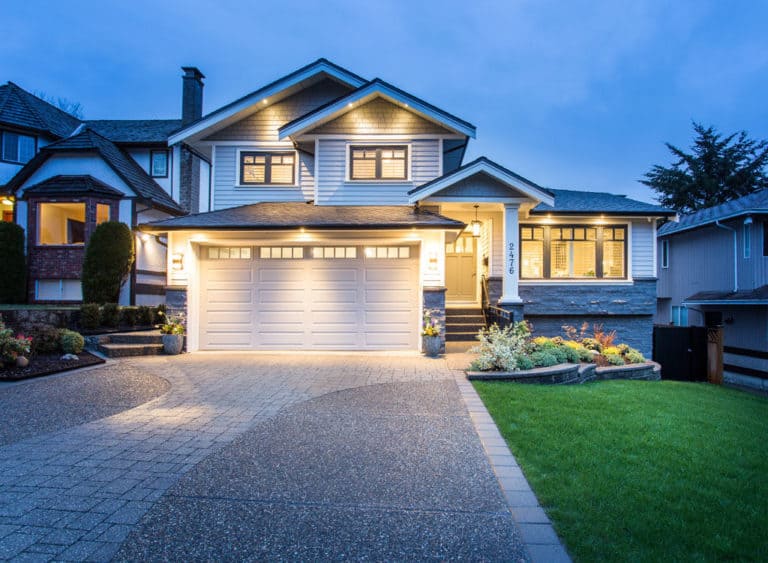
7) How Long Will it Take and Where are You Planning to Live During the Renovation?
The process of renovating a home can be a time-consuming one. It’s not as simple as sketching out an idea during your lunch break on Thursday and starting to tear down walls on Saturday.
First, you need to decide the scope of work. Depending on the scale of the renovation, you may have to spend time somewhere else. For instance, a cosmetic renovation of the main floor can be expected to take 3 to 6 months. While a full home renovation typically takes from 6 to 12 months. As such, the wisest course of action may be to rent a nearby apartment or house. Don’t forget to factor that into your budget.
We have had some home owners live in the basement suite while we renovate the main and upper floors and we have had some home owners build a coach house in the back of their property, live in the coach house and renovate the existing home after.
It all depends on your lifestyle and how you continue to live your life during this new exciting renovation.
The Bottom Line
In spite of the expense and disruption it may cause, when done right, a home renovation can elevate your quality of life for years to come. Or, if you’re renovating to add resale value, it can allow you to reap a generous profit. A poorly handled renovation however, can have just the opposite effect.
Take your time. Ask yourself the above questions and write down the answers. That way, you always have them to refer to as the project progresses and you’ll be assured of a satisfying outcome!

